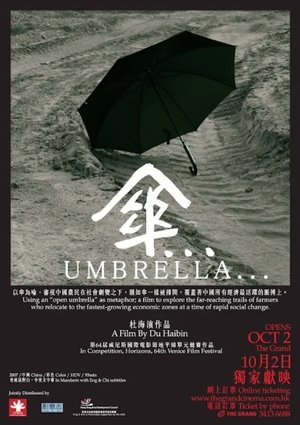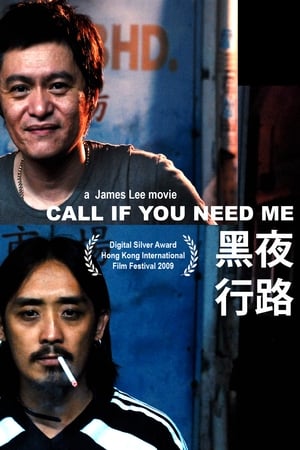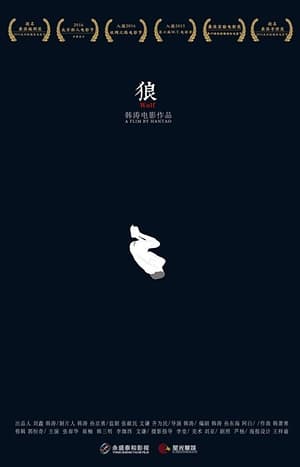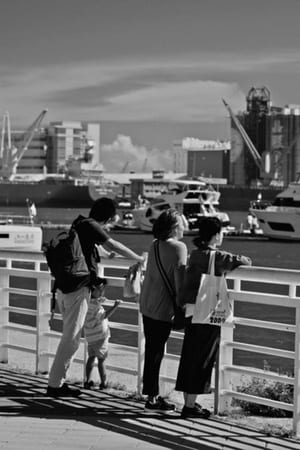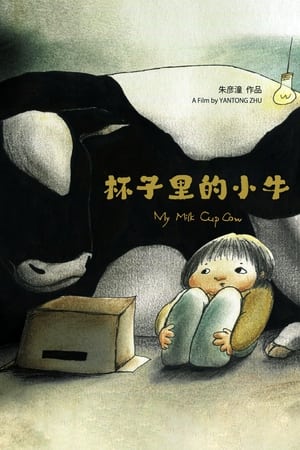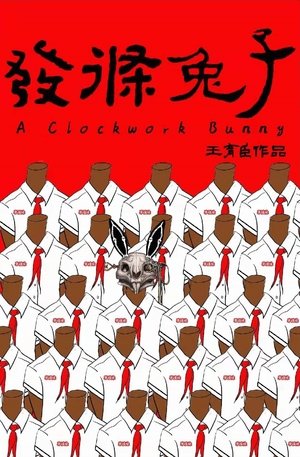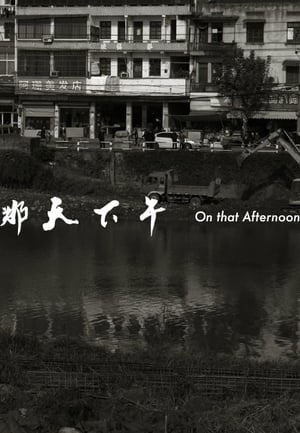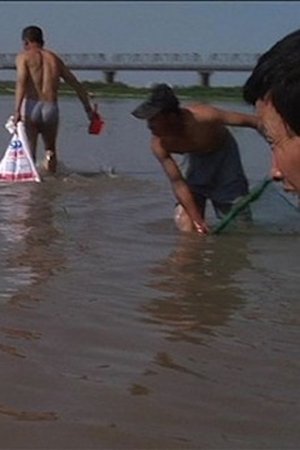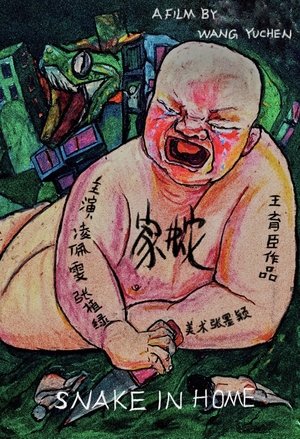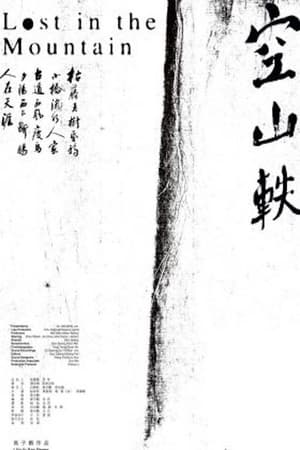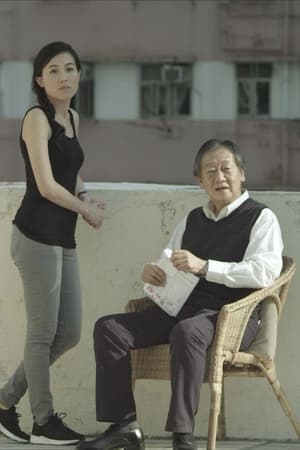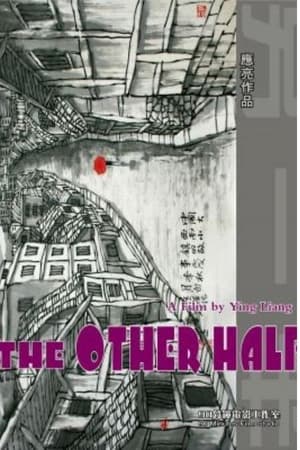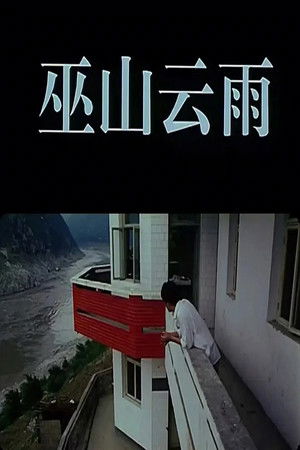Overview
Part mournful meditation through documentary footage, part experimental narrative. This film looks at the life of the Chinese who have been displaced within their own society.
Reviews
Dawei Zhang: "Recovery of the ordinary."
In 1981, French philosopher, Jean Baudrillard, published his treatise on signs, symbols and reality: Simulacra and Simulation. In his work, he speaks of a dis-order of the post-modernity situated in societies of late capitalism, wherein the signs and symbols constructing the shared reality of a given society precede and eventually do away with the original objects and people which they seek to represent. This form of society causes the distinction that previously divided reality and its signifiers to vanish, and heightening the absurdity of the individuals relation to the Real, or even, towards ones own works (or even the self,) to a point wherein there is little hope for meaning in any shape or form. Thus, Baudrillard instructs us, following the work of Jorge Luis Borges, that this given society makes such use of the signs and symbols it uses, that the 'maps' of reality themselves replace the Real we sought to navigate by way of these particular details. In this 'reality,' individuals labor is re-oritented towards establishing and securing a place in the representation itself, and as they devote themselves to this representation, the Real itself gets one step further towards complete annihilation.
It is with this in mind that one enters Dawei Zhang's directorial debut: Water Margin, which is itself a mournful meditation on this very cultural logic in contemporary China and simultaneously the passion which drives the film is that very refusal to let the hope of undoing this paradigm die. This film is standing on the shoulders of giants, for those films from which it seems influenced, as well as those few films who fit within the same intersection of micro-categories are nothing short of strokes of incredible genius unto themselves. The films which are most strikingly related towards Water Margin are Liu Jiayin's Oxhide and Tsai Ming-Liang's Walker series. In Oxhide for example, we find a portrait of the director's desperate family life confined within a small claustrophobic apartment extrapolated to a universalized stand in for a great majority of Chinese citizens who 'feel' her pain. In Water Margin, Zhang similarly uses his close understanding of those around him and a similar sympathetic perspective to film the absurdity of life inverted within the public arena, while Oxhide neglects access to this anxiety, save represented in the family members returning home, Water Margin picks up the torch and establishes the exteriority only hinted at – in Zhang's representation there is no familial release, instead it's characters are stuck in this cycle as lonely and isolated figures wandering through the nightmarish landscape ablaze with neon signs and eyes affixed to the floor.
Like Lio Jiayin, filmmaker Dawei Zhang inserts himself as a character within his own film, and in somewhat of an abstracted visual synecdoche, one finds him seated on the concrete with bag of groceries: among the few wholly striking icons in the film – an icon that harkens to the Walker series, wherein a Buddhist monk slowly engages in walking meditation amongst the cityscape around him – the contrast revealing their radical disconnected approach to living, which alienates and exploits the needs and wants of those around him. In the Walker series, the figure of the monk maintains a hopeful parallel to the film itself – as long as the film persists, and engages an audience who are willing to slow down and engage the world around them in this manner, hope persists as that which is quietly rebellious – a resistance to become subsumed in the reproduction of a hegemony which maintains no part of the soul of those it governs. In Water Margin however Zhang's character represents a further radicalization of this icon – no longer is he a man of the cloth, denying the world around him, but a man clothed in the garb of the world that sought to consume him. It is an image of the diasporic within his own nation – a radical alienation that, while being in the world, is yet at the same time, far from being at home within it. This scene is the visual representation of the portion of the penultimate German Idealist, G. W. F. Hegel's Phenomenology of Spirit, which J. M. Bernstein described as "...the discovery of the disappointment in knowing. Now in knowing, we do not get all the things we hoped we might get,” and that in this type of lived experience, ones own questioning, as represented within the notion of philosophy to Berstein is “....intrinsically disappointment; and to discover that is also so that what philosophy can not do, and what often has been hoped for from philosophy, is that it should offer us a transcendental security: that we are at home in the world. Nothing. Nothing can make us at home in the world. That's what people wanted from philosophy, and that was the mistake that drove philosophy forever to be a series of hyperboles, rather than what philosophy must be: the recovery of the ordinary." This is, in part, an intellectualization of the very visual notion which haunts every scene of this film – there is a desperate longing for 'the ordinary' or 'the practically lived life' which seems in part what Baudrillard suggested to have disappeared with the Real once replaced by its signifiers. Thus, during this very selfsame scene, this notion is expressed effortlessly through a song which begins to play where we find the lyrics “when I turn my head to look back, many years have passed by.” By this, we come to understand that this knowing is that which sees China as it has become, and with the knowledge of where this 'becoming' has come from – we understand at this moment that awful things have occurred, and yet, it seems that no one acknowledges this, perhaps so radically consumed by the fight to be represented within the artificial that they aren't even aware what has slipped through their fingers.
Despite all of the hope that comes along with having grasped and presented this notion, there is still a helplessness permeating the film, which speaks to the ways in which we as audience members, who find ourselves represented in the critique Zhang is laying out, reduced to inactivity, archetypically represented within his character. This is shown to us once again during a scene in which he finds that his relationship to the natural world is reduced to its occupancy within a plastic bag (the penultimate icon of pointless and wasteful capitalism run amok) to later consume it. His groceries (nature) are found in this scene to be his only companion, as he sits on the concrete amidst the disorienting environment of the artificial. The camera pans from here, and in so doing it turns to Zhang who is singing it at a karaoke bar singing along with a look on his face actualizing in raw emotion what was just intellectually understood in the preceding scene. Directly following this scene, we find the colors of the film inverted as a jazz musician is preforming in the middle of a traditional looking pavilion where he screams out into the void, and is holding onto this hope, and yet this music isn't traditional Chinese music. From this contrast, of nature and the history of China so iconographically packaged, we find that not all hope is of the kind driving this film - there seems indeed to be a hope which is of the wrong sort - this is the hope of art and beauty without a true understanding - this is the hope of beauty torn asunder by the radically divided and absurd nature of the society the artist finds himself in - the artist has lost the drives guiding his hope, and now it remains a hope of desperation alone.
The notion of a desperation driving the artists of the world (those who set up concrete determinations which guide our understanding of the map itself) is brought up again when we see the krautrock band, Faust, preforming music on stage into a concrete mixer - it's a direct representation of a tool of labor, a tool used to generate capital advantage for he who owns its worker, eating and mixing the music being preformed into it. The film makes this obvious as we cut from the band to a worker utilizing the tool with its original design in mind. This set of images draws ones mind to the differentiation taking place in each person's approach to the tool as it is in-itself. Following Heidegger, we find that the man working with the concrete mixer is thus in a unified state of being, where his labor is directly linked with the work of the mixer itself – there is no isolation of the object as being independent from the work with which he approaches it – his work is not automatic, but is authentically being in-and-for-himself. On the contrary, the performance of Faust is itself drawing one to reflect upon the object, as it has now been removed from the laborer's phenomenal world, and as such it causes us to maintain a conscious recognition of the object, and those interacting with it on stage as situated in the fundamentally broken understanding of themselves as subjects over and against it. We understand then that these figures are themselves one through which the argumentation of the film manifests itself yet again. It's a confused state of being altogether, and thus one which situates those on stage in an absurd condition of lived reality – their phenomenological situatedness is such that they have been pulled outside of the experience of circumspection, and as such into a conditioned state of being which itself causes a loss of intelligibility, and therefore a state wherein one no longer is at home in the world. Thus, where music previously stood as the spirit of hope and teller of truth, the soul of the music is now consumed and re-produced by the swirling of the mixer, and yet surely this music is now too stripped of what guided it in the first place, and what is generated in its stead is stale, mechanical ambiance of what once was: in this there is just enough to entice those who loved the art of their people before, and yet now simply guides them towards the objects from which their labor may be extracted. Hence, what we find re-presented as aesthetic is the disconnected logic which remains as the spectre of Mao in current Chinese culture: the madness of re-creating a society that has appropriated its own culture to serve solipsistic ends - and when there exist individuals who fit not this solipsism, they are displaced and alienated within the culture of their own people. The ancestral lineage which founded many traditions of spiritual life have now been inverted - the spirits of those whose labor bore the fruit of the culture have been banished, and in their stead only labor may continue to persist as the 'heart' of the Chinese. This self same inversion can be seen and felt again near the end of the film where we find this central thesis repeated. The scene is one where we find people swimming in a pool, which is contrasted to an earlier moment where we learn that the natural bodies of water found within the towns themselves have become toxic to those who live there - we hear a citizen warn against swimming in these natural areas, for we are told “people can die while swimming here” - color here shifts from black and white to inverted color – the atmospheric noise of the real world shift again to an artificial dark ambient noise – the warmth shown in the image mask the fact that there is still darkness that isn't being addressed; and where there is darkness itself, there should be warmth, yet it cannot be accessed for a variety of reasons that the film just spent the entirety of its duration laying out.
As we transition towards the tail end of the film, these are the thoughts on our minds as we see from a first person point of view the image of one driving forward on the moped while a song plays whose lyrics state: “there's a bridge where people cross and they never return” and thus we understand that we are speaking of the past, and yet thus the image contrasting this song seeks to show the emptiness found in the new society of china which is ever re-producing itself in a never-ending 'progression.' We then abruptly cut. We find ourselves newly situated in an environment unlike anything else found in the film. The tension that the entire film has been forcing upon us suddenly is nowhere to be found. It's as if the entirety of the film has taken place in the actuality of the harsh world, only to find ourselves now in a dream; in heaven; removed from the crushing weight of the film entirely. The imagery is one of seemingly abandoned buildings - time is itself manifest on their walls. We see a wretched looking dog with a chain around its neck, being walked down an alley way, when out of one of the buildings Zhang himself emerges, taking the dogs chain in hand, now adorned with sunglasses, and in communion with his fellow man and with nature symbolized by the dog itself. This newly re-presented Zhang draws the title of the film to reflection in a quick scramble to understand the radical shift in all we had seen prior. Up to this point the title, Water Margin (which is itself the title of one of the Four Classic Chinese Novels,) seemed to be a far cry from what is illustrated throughout the rest of the film; and yet, one of the elements which distinguishes Water Margin from the other Three Classic Chinese Novels is its attention to those not within the ruling class itself, nor mythologizing heroes as outside of the class system altogether. Here in fact Zhang 'wears the uniform' of the working class - the constructed reality around him up to this point is the world which has been re-made to suit the interests of the ruling class, and Zhang, obviously not of this ilk, has instead found himself suffering at the hands of a totalizing corruption, wherein not only does the Real dissipate from the environment available to the working class, but indeed even that which is constructed (think of the pool) is that which exists without access to one another authentically, and instead only maintains a relation by way of the narrative imbued in the constructs themselves. Yet, when we find Zhang in this new environment, we find him no longer alone - it's not a construct of the mind where he has found freedom solely for himself, but instead it is the water to which the entirety of the film seeks to lead others to drink from. This leads one to see that Zhang is perhaps within the brotherhood of the Hao Han (the bandit heroes of Water Margin, who seek to right the wrongs of the ruling class, and set forth a pathway to freedom for those subject to this tyranny;) a fugitive finding solace only within authentic being itself as that which is totally reflected outside of the possibility of life as exists within China at present. Thus, in the final scene we find that not only has the world shifted outside of the phantasmagorical simulation occupying China altogether towards a being as presented in-and-for-itself, but so too has Zhang shifted from a character, to a hybrid presentation of himself as director/actor/Hao Han - the film itself and his action therewithin are his fulfillment of not a moral commandment, but the only moral commandment available to a bandit such as himself within late capitalism. Thus, as the camera cuts with Zhang walking out of the set built by broken down windows, which resemble prison bars, we are confronted with the idea of authentic life still surrounded by the prison of the past within the present. We also notice this through the fact that the color itself is different from that which we have seen before - it is a subtle color which paints this metaphysical reality, no longer the wacky colors of the 'metropolitan' life, nor the black and white or inverted colors found previously, but the full and rich color of the Real. We almost feel the cry of one of the quintessential characters of Water Margin, Song Jiang who, harmed by the injustice extracted against him, refuses to respond in kind by exemplifying such misconduct in his life against the ruling class, and the world which betrayed him, but instead took his own life stating: "The court may wrong me, but I will never wrong the court!" and instead choosing the legacy within the minds and tales of those he fought for. In this way, Zhang is removed from the world in a symbolic suicide that asks for others to come to the Water so that they too may drink of righteousness and virtue, and as such, Zhang himself may indeed be found situated amongst the other members of the thirty-six heavenly stars and indeed as a true representation of China as it should be, not in a moralizing sense, but instead as a pure "recovery of the ordinary."

 77 min
77 min
 10
10
 2016
2016
 China
China
 shadowartisttxl wrote:
shadowartisttxl wrote: